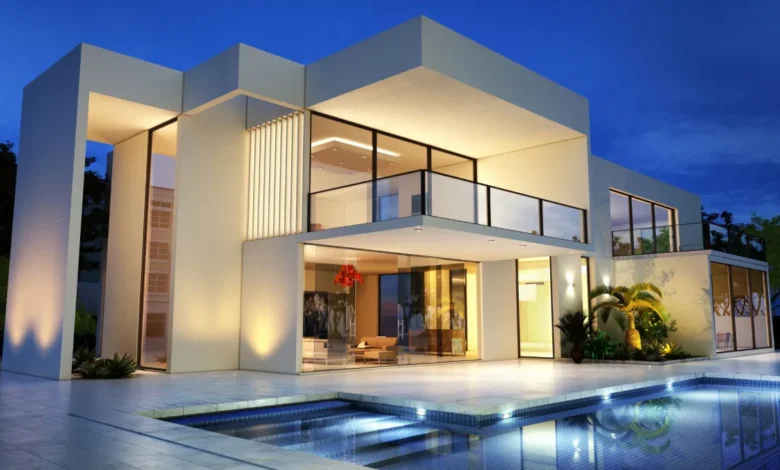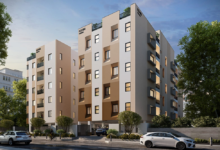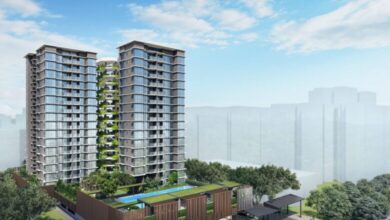Capturing the Perfect Property: The Art of Property Photography

Property photography is a specialized field that requires a keen eye for detail, a strong understanding of composition, and the ability to showcase a property’s best features. A well-captured property listing can significantly impact the number of potential buyers and ultimately the sale price.
The Importance of High-Quality Property Photography
· First Impressions Matter: Potential buyers often form their initial impression of a property based on online listings. High-quality photos can create a positive first impression and entice viewers to schedule a viewing.
· Enhanced Property Value: Professionally photographed properties can appear more valuable and desirable, leading to higher offers.
· Faster Sales: Well-presented properties tend to sell faster, reducing the time a property spends on the market.
· Reduced Buyer Disappointment: Accurate and attractive photos can minimize buyer disappointment by setting realistic expectations.
Essential Tips for Capturing Stunning Property Photos:
1. Timing is Everything:
o Golden Hour: Shoot during the golden hour, the time shortly after sunrise or before sunset, when the light is soft and warm.
o Avoid Harsh Light: Avoid shooting in harsh midday sunlight, as it can create harsh shadows and washed-out colors.
2. Staging the Space:
o Declutter: Remove clutter and personal items to create a clean and spacious look.
o Style the Space: Add tasteful decor and accessories to enhance the property’s appeal.
o Clean and Tidy: Ensure the property is clean and tidy, paying attention to details like dusting and vacuuming.
3. Mastering Composition:
o Rule of Thirds: Divide the image into thirds both horizontally and vertically, and place key elements along these lines or at their intersections.
o Leading Lines: Use natural lines in the environment, such as pathways or architecture, to guide the viewer’s eye through the image.
o Symmetry and Balance: Create visually appealing compositions by balancing elements within the frame.
4. Using the Right Equipment:
o High-Quality Camera: Invest in a high-quality camera with a wide-angle lens to capture spacious interiors.
o Tripod: Use a tripod to ensure sharp and steady images, especially in low-light conditions.
o Wide-Angle Lens: A wide-angle lens can help make small spaces appear larger.
5. Editing Techniques:
o White Balance: Adjust the white balance to ensure accurate color representation.
o Exposure: Correct exposure to avoid underexposed or overexposed images.
o Contrast and Brightness: Enhance the contrast and brightness to create a visually appealing image.
o Virtual Staging: Use virtual staging software to add furniture and decor to empty rooms.
By following these tips and investing in high-quality property photography, real estate agents and property owners can significantly improve their marketing efforts and achieve better results.
[Insert images of well-photographed properties]
Would you like to know more about specific techniques or software used in property photography?





